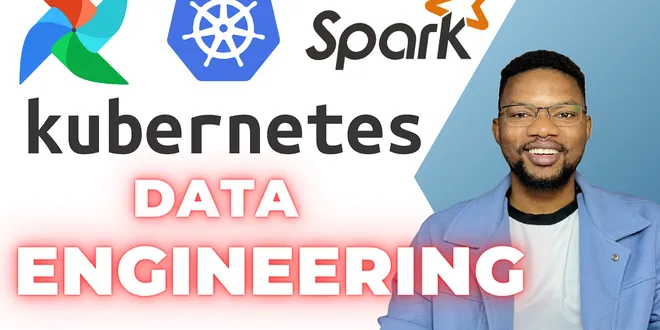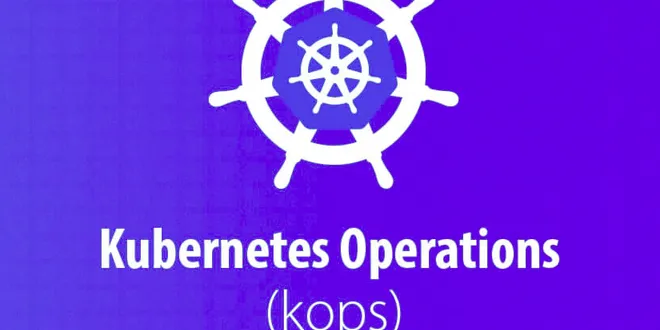Kubernetes

Kubernetes: The Power Behind Modern Application Deployment
What is Kubernetes? Kubernetes is a container orchestration platform developed by Google and now maintained by the Cloud Native Computing Foundation (CNCF). Its primary job is to ensure that your appl...
📚 Read more at Level Up Coding🔎 Find similar documents

Kubernetes
Kubernetes is probably the best-known orchestrator of all the ones that we mention here. It is prevalent, which means there is a lot of documentation and community support if you decide to implement i...
📚 Read more at Software Architecture with C plus plus🔎 Find similar documents

Kubernetes for Data Engineering: An End-to-End Guide
What is Kubernetes? Kubernetes, often abbreviated as K8s, is an open-source platform designed to automate deploying, scaling, and operating application containers. It was originally developed by Googl...
📚 Read more at Python in Plain English🔎 Find similar documents

A 1000 Foot Overview of Kubernetes
Kubernetes is an open-source orchestration tool developed by Google (It was a branch of their Borg project) for managing microservices or containerized applications across a distributed cluster of…
📚 Read more at Level Up Coding🔎 Find similar documents

Kubernetes
Kubernetes is a container orchestration system for deploying, scaling and managing applications.
📚 Read more at Full Stack Python🔎 Find similar documents

Kubernetes Overview
This name Kubernetes comes from a Greek word and this is a word for helmsman or vessel pilot. Kubernetes is commanding a ship of containers for our applications. Kubernetes began as a secret project…
📚 Read more at Analytics Vidhya🔎 Find similar documents

What’s new in Kubernetes v1.20
Kubernetes is a portable, extensible, open-source platform for managing containerized workloads and services. It facilitates both declarative configuration and automation, letting us run distributed…
📚 Read more at Towards Data Science🔎 Find similar documents

Using Kubernetes to orchestrate cloud-native workloads
Kubernetes is an extensible open source platform for automating and managing container applications. It is sometimes referred to as k8s since it starts with 'k,' ends with 's,' and there are eight let...
📚 Read more at Software Architecture with C plus plus🔎 Find similar documents

Using Kops to setup up Kubernetes Cluster
Kubernetes is an open source, container orchestration platform. Applications packaged as Docker images can be easily deployed, scaled, and managed in a Kubernetes cluster. Some of the key features of…...
📚 Read more at Analytics Vidhya🔎 Find similar documents

Top Kubernetes Cheat Sheet Commands for Engineers and DevOps
Kubernetes is an open-source container orchestration platform that automates the deployment, management, and scaling of applications. Kubernetes was first developed by engineers at Google before…
📚 Read more at Level Up Coding🔎 Find similar documents

How To Use Kubernetes and Minikube to Set up a Relational Database Locally
Kubernetes is an open-source container orchestration platform that automates deployment, management, and scaling of applications. Kubernetes was first developed by engineers at Google before being…
📚 Read more at Level Up Coding🔎 Find similar documents

Key Kubernetes Commands
Kubernetes is the premier technology for deploying and manage large apps. In this article, we’ll get up and running with K8s on your local machine. Then you’ll Deploy your first app. Finally, you’ll…
📚 Read more at Towards Data Science🔎 Find similar documents


